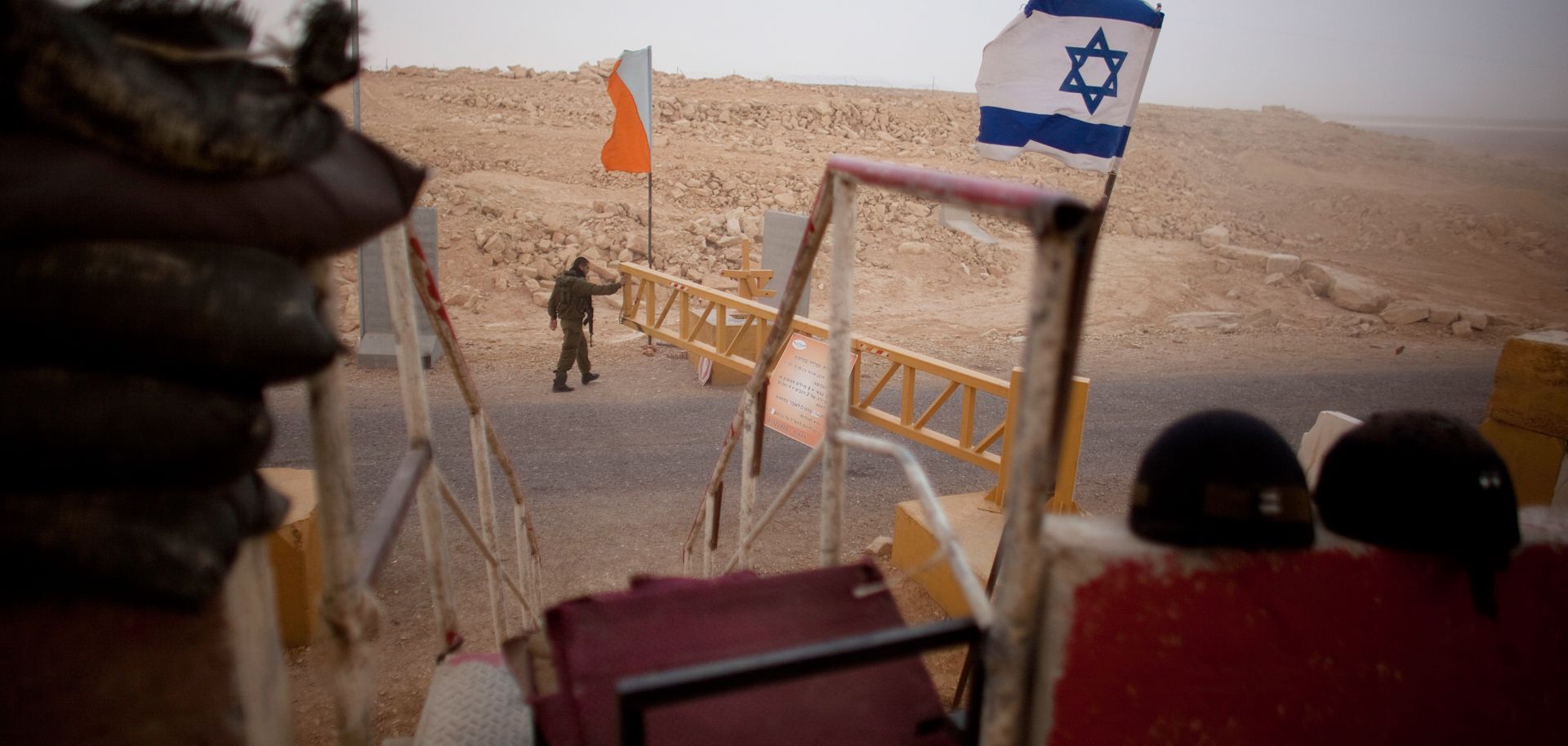
For the United States, Israel essentially is an insurance policy should Iran or Turkey prove able to capitalize too effectively on regional turmoil. Though the United States cannot depend solely on Israel to shape the region in line with Washington's wishes, Israel still serves a very important role in Washington's overall strategy: A powerful Israel, armed to the teeth by the United States, precludes the possibility of one power dominating the region completely. This means Israel will still enjoy significant U.S. support, but it also means Israel will become a target for would-be regional hegemons.
For any power emanating from the east, whether based in present-day Iraq or Iran, Israel is situated on particularly important strategic territory. The ancient Persian Empire pushed to the eastern Mediterranean precisely because it required an anchor in the Levant to protect against aggressive actions from Mediterranean powers. Without a foothold in the Levant, Iran cannot feel secure.
Even if Iran's Shiite crescent strategy had succeeded in the 2000s, Iran's proxy in the Levant, Hezbollah, would have had to face an aggressive Israel that would not have tolerated such a powerful Iranian-backed force so close to home. The Lebanon conflict of the 1980s was disastrous for Israel, but it also demonstrated that when sufficiently threatened Israel will extend its influence north to the Litani River. A Hezbollah stronghold connected by land all the way to Iran's Zagros Mountains would have forced Israel's hand.
Israel is also important strategic territory for a potential Mediterranean power such as Turkey. The simplest reason is that without controlling the greater Levant, a Mediterranean power leaves itself open to attack from an eastern power such as Iran. Turkey's geographic core is the Sea of Marmara, and its greatest geopolitical advantage is its control of important maritime trade routes in the Mediterranean; an ambitious foreign power with a grip on the Levant could disrupt valuable trade routes or challenge maritime domination of the Mediterranean. Furthermore, if Turkey ever hopes to reclaim even a portion of the power it wielded as the Ottoman Empire, when it controlled both the northern and southern littorals of the Mediterranean, control of Israel is an imperative. Without it, no government in Istanbul can easily project land-based military power into the southern Mediterranean.



